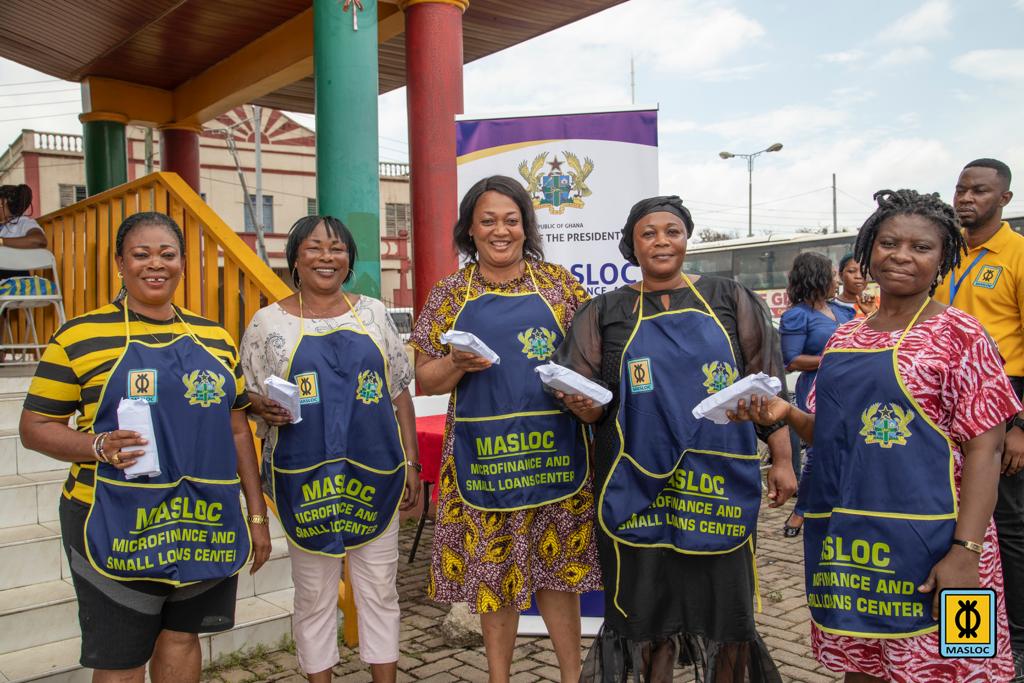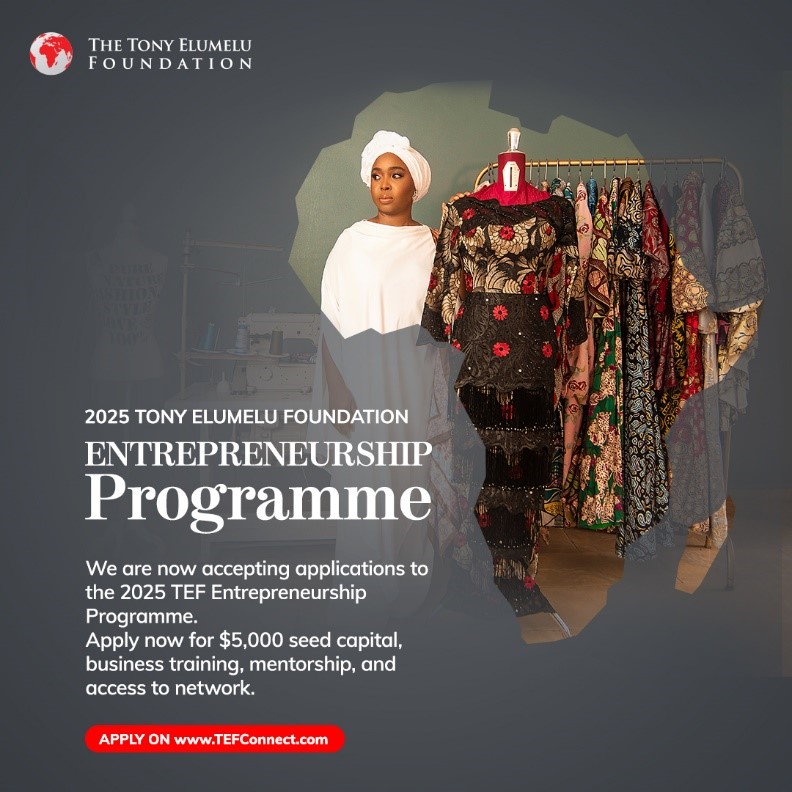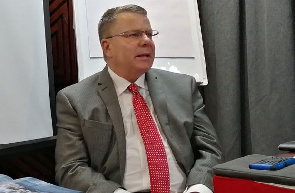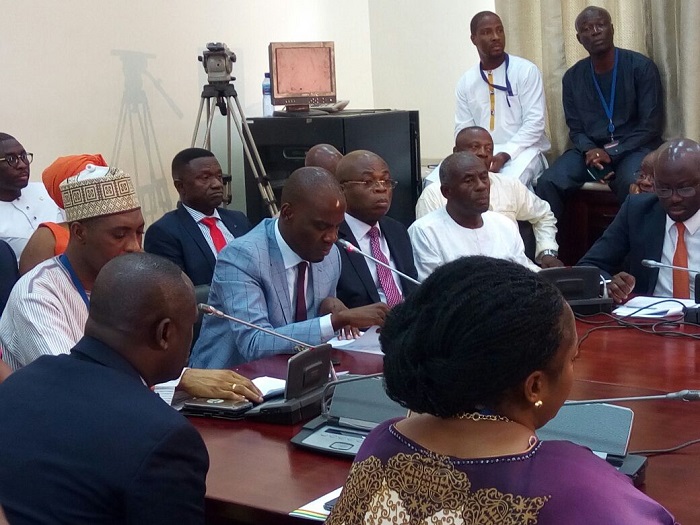COCOBOD pushes for increase in coffee production
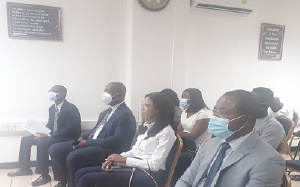
The Inter-African Coffee Organization (IACO) is seeking the observance of stakeholders in the coffee industry to actively involve themselves in coffee production and to create sustainable strategies for a thriving sector.
This was announced during the launch of 60th edition of the IAOC general meeting which will be hosted by Ghana from November 10 to November 20, 2020.
Dr. Emmanuel Agyemang Dwomoh, Deputy Chief Executive of Ghana Cocoa Board (COCOBOD) in charge of Agronomy and Quality Control said Ghana’s soils and climatic conditions within the growing areas in the high forest zone were most suitable for coffee cultivation.
Hence, he urged farmers, producers, roasters and distributors to fully engage in coffee farming and processing to create a sustainable raw material base to spur the drive of coffee production through the One-District-One-Factory initiative.
Dr Dwomoh noted that in some lands where cocoa cannot grow, coffee was an alternative cash crop which could be planted to re-fertilize the soil.
“There are indications of a vast tract of land less suitable for cocoa farming within the transitional zones which can be put to coffee cultivation”, he stressed.
He indicated that there was adequate and capable skilled manpower in coffee research within COCOBOD, which could spearhead training of extension staff to provide adequate extension services to coffee farmers in Ghana.
He added that the Cocoa Research Institute of Ghana (CRIG) had also developed improved planting materials, as well as technological packages for intensive and extensive coffee production and primary processing.
“There is a growing culture of coffee consumption and other uses in Ghana and across Africa”. Dr Agyemang Dwomoh, therefore, urged the young generation to take up the opportunity and process coffee by adding value to the raw material.
“Ghana is prepared and well-positioned to expand and develop our coffee sector”, he emphasised.
Chief Nathaniel Ebo Nsarko, President of the Coffee Federation of Ghana (CFG) also indicated that coffee cultivation was a strong commodity that could help Ghana regain most of its lands lost due to illegal mining.
“With a lot of illegal mining activities that have happened over the years, coffee is there to help regain those lands. As we cultivate the lands for coffee production, it helps us protect it, because coffee grows rapidly anywhere, and can easily be processed unlike cocoa”, he explained.
Mr Nsarko said coffee production had the potential to employ over a million young people, adding that as they cultivated to the maturity stage which was within three years, they would begin to make huge profits.
He noted that even though the coffee industry had been struggling for long, “coffee is now a commodity that is gaining grounds and the consumption of it keeps rising”.
Mr Nsarko announced that the CFG was enrolling on a flagship program that would encourage a lot of young people especially women to get maximum results as far as the Sustainable Development Goals (SDGs) were concerned.
Coffee production in Ghana
Coffee cultivation in Ghana began in the 18th century. Ghana was a competitive producer for many years but largely abandoned the crop in the 1980s, because of the global collapse in the price of coffee.
It is mostly cultivated by small farm holders and individuals. Despite its immense potential to help the country generate considerable revenues, coffee had not been given its required attention.
Coffee among other benefits contains magnesium and potassium, which helps the human body use insulin and regulates blood sugar levels as well as reduce the craving for sugary treats and snacks.
Coffee also helps to burn fat and improve one’s mental alertness.
Source: thefinderonline.com

